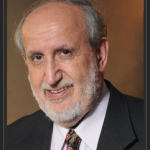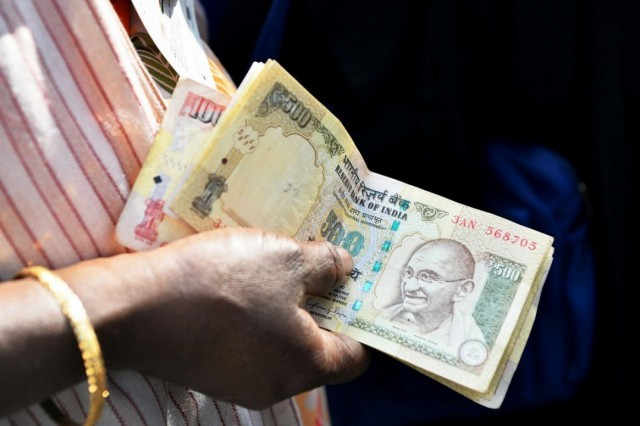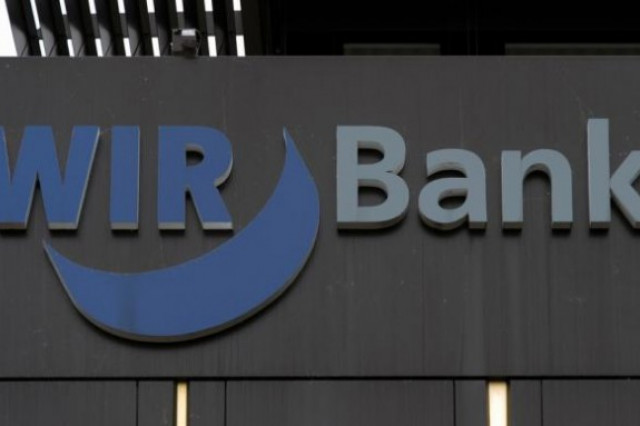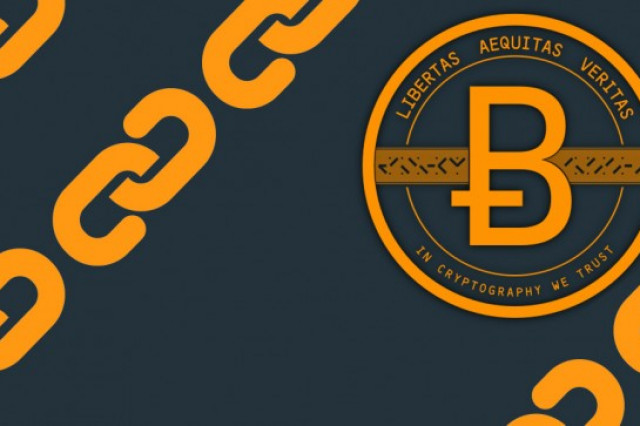The future of money involves deciding first what society we want, then we have to devise a monetary system that helps to conceive it.
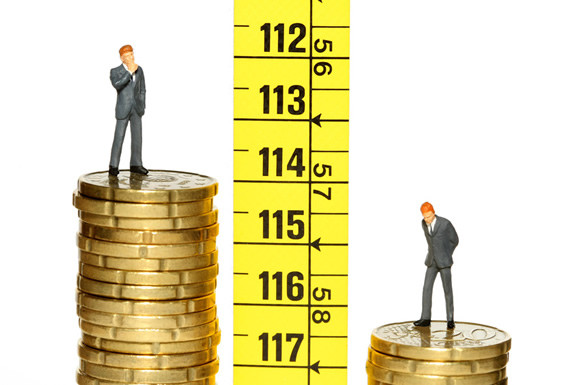
Money is derived from a social agreement to use something as a means of payment. It is also a goal for any person or company since to survive, they need to earn more income than their expenses. Then the war for money arises and each uses their resources to generate it in markets where they have value. If a market or resource is not profitable, another is sought. The enormous effort to obtain money does not have a consistent forward-thinking debate.
The future of official money. The currencies of legal tender which serve for payments are the national currencies. It is difficult that , given all the globalisation, the speculation in foreign exchange, the meagre results in matter of social inclusion; the official future is the reality of the future. The future of official money, while maintaining the privileged status of "legal tender", cannot prevent other types of currency from becoming "the currency in use".
The future of private money. Another possibility is that private currencies that retain customers prevails, such as "frequent flyer miles" and coupons awarded on purchases.
If the future of money comes into your hands, the risk is convincing people that it is good to spend their income to pay debts. As they will use traceable electronic money, it will invade their privacy more.
Even governments will be tempted to delegate functions to the big companies that are turning their publicity into a religion. Large companies are those that suppress employment or do not generate it. Transferring power to companies is not a healthy solution.
The future of money will bring wealth-creating solutions that solve social problems and self-manage trading with their own currencies to create social capital
The future needs complementary currencies with social purposes
The future of exchange money. The future will need complementary currencies and coins with social purposes supporting the conventional currency. The future of money will bring wealth-creating solutions that solve social problems and self-manage trading with their own currencies to create social capital.
Unlike monetary systems, with mutual credit participants create the money from making transactions without incurring debts or interest. Complementary currencies encourages employment and community currencies strengthens the social fabric. Among the first are the LETS (Local exchange trading system).
The first LETS were created in Canada in 1983. Community currencies are concerned with the care of the elderly and children, education, health, crime, and so on Time Dollars, Ithaca Hours, and so on account for the time spent and grant the right to redeem them for services.
Collapse in the future of money. If the system collapses, everything would lose its meaning and hecatombs could be generated, communities in which people seek protection.
We can catch a glimpse of total collapse as more and more people live on the streets.
If individualism wins, the future will either be private currencies or chaos, if social priority is given, the result will be abundance for all and saving communities
Depending on the field of action of the forces driving change, different scenarios can be defined. There are two factors: take preventive measures and avoid the excesses of individualism. Taking preventive measures can lead to the questionable monopoly of private currencies or to a desirable abundance for all. Without prevention, we will fall into chaos or protected communities.
If individualism wins, the future will be private currencies or chaos, if priority is given to the social, the result will be abundance for all or protected communities.
The future is uncertain but not dependent on chance, and to prevent the planet from being destroyed, we things need happen by learning what to do about money. We are free to choose, but what we cannot avoid the consequences of our choices.


